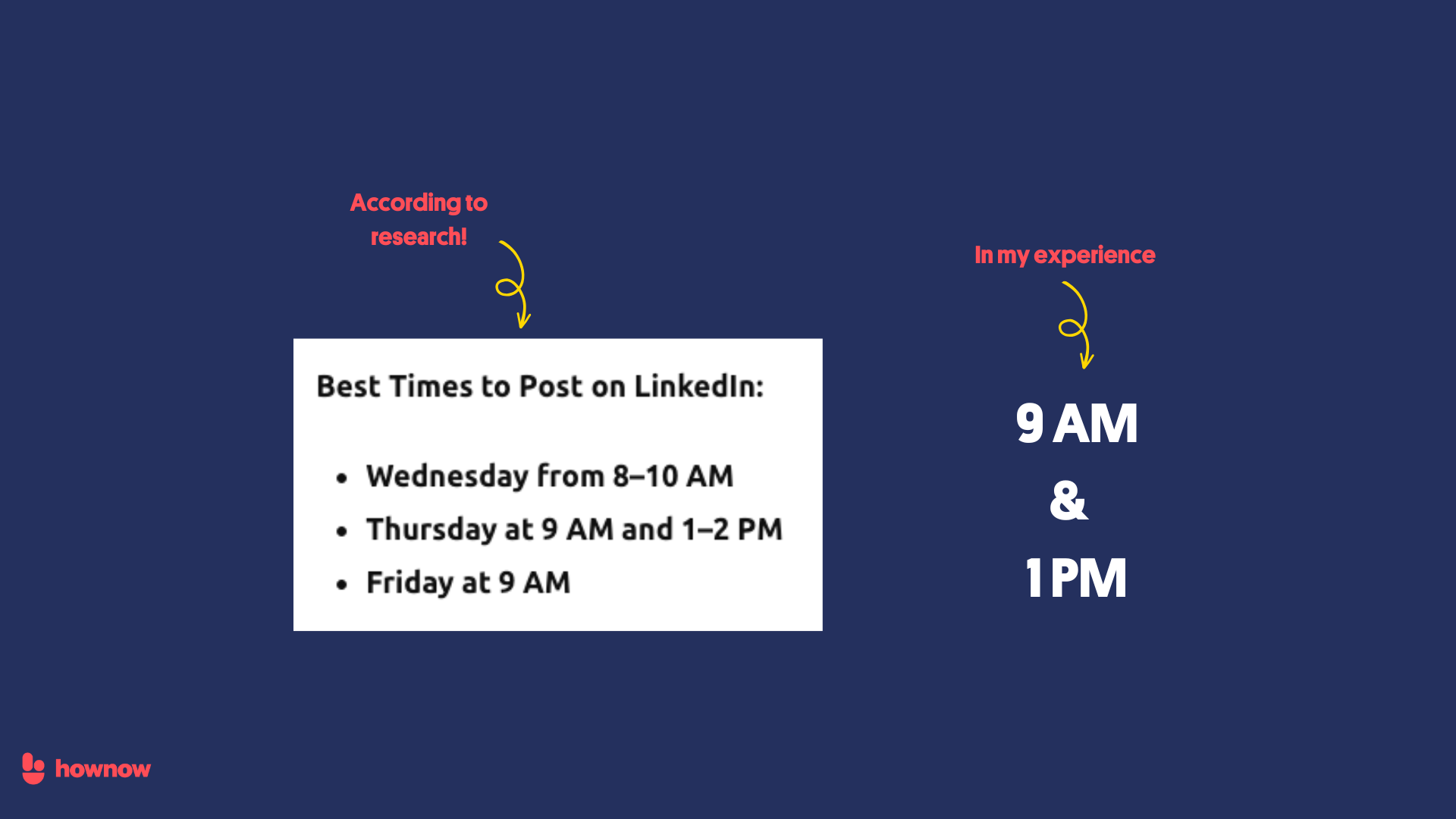There’s a lot that L&D pros can learn and borrow from marketing!
Like building a LinkedIn strategy that gets you sharing valuable content.
This is where learners spend lots of their time, so you’ll get more people learning through posting!
And what about your personal brand in the L&D community?
It’s not going to build itself! Only 1% of LinkedIn users are posting, so becoming ‘an expert’ is closer than you think…
🚀 This 30-minute workshop will give you the right mindset, process, and strategy to start posting impactful content today!
0:00 Why this all matters.
6:25 Building the right mindset: You’re an expert, embrace it.
11:28 Building an effective content process.
15:08 Real-life examples of L&D LinkedIn posts.
18:30 The power of repurposing.
21:25 The anatomy of a good post.
23:28 When to post.
24:55 Improve your comment strategy.

The more you’re posting about how you’re investing in people, the better your employer brand – which makes it easier to engage and retain talent.
And the more you’re sharing thought leadership, best practices and insightful content, the more you build your personal brand. Which gives you credibility both internally and externally.
LinkedIn can also help you connect with learners in a place where they’re eager to learn and in the right mindset, meaning it can drive the visibility and awareness of your initiatives.
Finally, for small and one-person L&D teams, posting intentionally and connecting with the right people helps you build a network you can lean on! Whether that’s to troubleshoot and brainstorm or help you create content.
Whether we’re in sales, marketing, customer success, or L&D, most of us do similar things and follow the same processes.
What’s unique is our perspectives on those!
So, what’s often the only difference between you and the experts is that they’re out there saying it.
And it doesn’t take long to become an expert! LinkedIn has 800 million users but very few of them are engaging and posting regularly. In fact, most of us consume it passively, as you’ll see below:

The goal is not to write an essay for every post or tackle a million ideas! It’s to find simple concepts and ideas and elaborate on them.
Ask yourself what you want people to take away from each post. If you can’t answer that easily, you might need to drill down into the idea a little further.
A great starting point for L&D teams is to start with themes or topics, and there are four that will make it easier to identify content opportunities.

Awareness might be as simple as shouting out the launch of a new course or learning budget. Thought leadership might mean breaking down the process of setting that up, and this is something you can reinforce later once you’ve got the data on how it’s used.
And once that project or initiative is helping people grow and build skills, you can share human stories about how it helped people on a personal level.
Resist the urge to always create more content! You might have lots of existing stuff at your disposal, can you instead optimise that for LinkedIn?
Whether it’s a playbook you’ve created internally or a best practices document, there are things you can lift out of your existing content.
And once you start posting regularly, there are three key questions you can ask to reuse high-performing content and optimise the ones that didn’t land.

Tuesday, Wednesday, and Thursday tend to be the days where you’ll get reach (as well as Friday mornings), with 9 AM and 1 PM being the best times for engagement.
If you’re new to posting, try to publish on these days and at those times to ensure all your hard work doesn’t go to waste.

What if we told you that you could be seen as a thought leader and grow your following without posting regularly?
That’s the power of a good comment strategy! Posts with a lot of reach get a lot of comments, most of those lack any real insight, and that opens the door to us.
If we can do more of the good stuff under the green tick (and less of short, two or three word responses), we’ll encourage more people to connect and engage with us.

Pick out the specific things you like about it or what you’ll be taking away from it! Share personal experiences of why this connects with you or expand on points that you think can benefit from more depth.
If you can catch people’s eye and drive them to an optimised LinkedIn profile (think about header/profile images and bios that communicate the value you bring) you’ll stand a good chance of converting them into followers.
%20(1).webp)